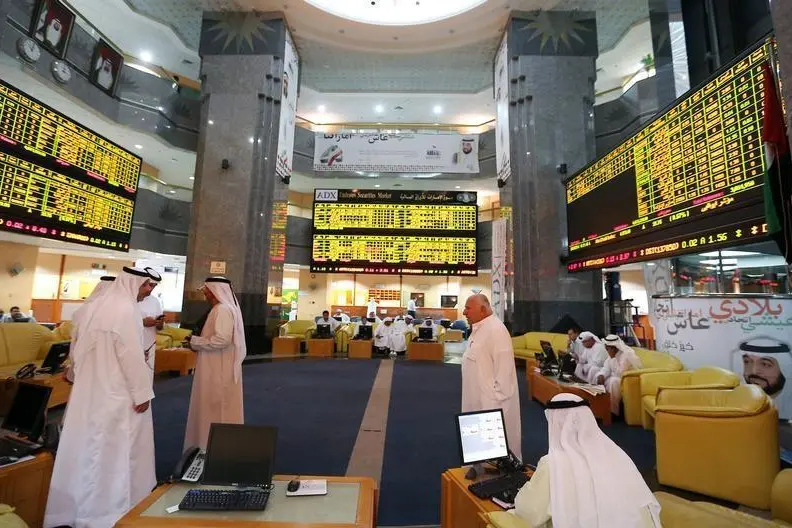PHOTO
Stock markets in the Gulf were mixed on Monday after firmer oil prices, a key catalyst for financial markets in the Middle East, partially countered heightened risks of a more hawkish monetary policy in the United States and Europe.
European Central Bank board member Isabel Schnabel urged central banks to act forcefully to combat inflation even at the risk of economies sliding into recession, doubling down on comments by Federal Reserve Chair Jerome Powell signalling a tight policy ahead.
Most markets in the region traded on the back foot in the previous session in anticipation of a watered-down global growth as priorities shifted from supporting economy to combating decades-high inflation.
Most Gulf Cooperation Council countries have their currencies pegged to the U.S. dollar and broadly follow the Fed's policy moves, exposing the region to a direct impact from monetary tightening.
The Abu Dhabi index dropped 0.7% of its value in its first session following comments in support of a tighter monetary policy. The lenders led slide with First Abu Dhabi Bank and Abu Dhabi Islamic Bank shedding 1.7% and 1.2%, respectively.
Banks also drove Dubai's index lower, dragged down by a 0.8% fall in Dubai Islamic Bank and a 0.6% drop in Emirates NBD.
Saudi Arabia's benchmark index, however, rebounded from Sunday's slide as buoyant oil prices offset the impact from tight monetary policy outlook.
Oil prices rose after Saudi Arabia and other members of the Organization of the Petroleum Exporting Countries and allies, together called OPEC+, signalled that they could cut output in order to balance the market.
The 0.4% rise in Saudi stocks was driven mainly by financial stocks, with Al Rajhi Bank up 0.2% and Alinma Bank gaining 0.9%.
The Qatar index traded flat earlier in the day, with financials and industrial stocks pulling the market in opposite directions.
(Reporting by Shakeel Ahmad in Bengaluru; Editing by Sherry Jacob-Phillips)




















